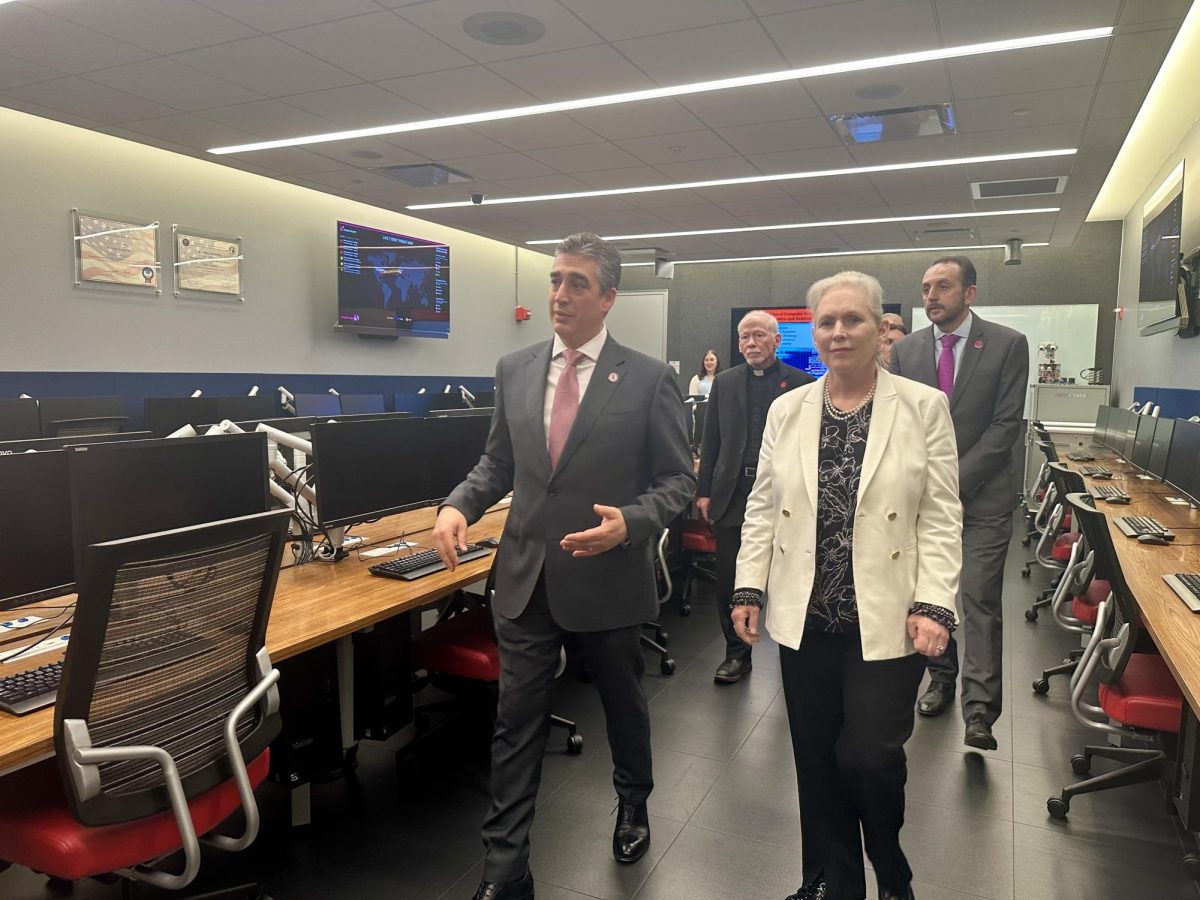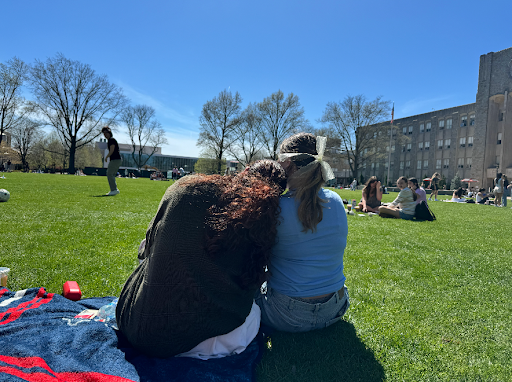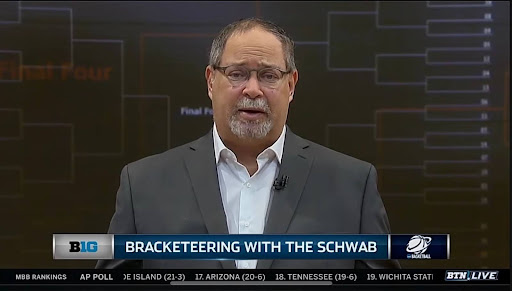Many St. John’s students are feeling the effects of the recent economic crisis, both in terms of their employment and college affordability.
“It’s scary,” said junior Nikko Smith. “They cut my hours at work, so I’ve been affected.”
Smith said that he may have to get another job in order to pay his bills, and is even considering transferring for a semester or two to a state or city school to save money.
“My family can only help me out so much,” he said. “I think things are going to pass, but it’s rough right now.”
Junior Ian Rivera has also felt the effects of the country’s recent economic decline.
“My biggest concern is that my father owns a small architectural business, and his money was tied up with one of the banks that folded,” Rivera said.
“It’s like a domino effect – people cannot get loans as easily to pay for my dad’s architectural jobs,” he said.
Although the recent stock market collapse has impacted students, Jorge Rodriguez, vice president of the Office of Financial Aid, said that St. John’s felt the effects of the ailing economy back in June and July.
“The not-for-profit lenders couldn’t get investors because money was so tight,” Rodriguez said.
“Academic Finance Corporation (AFC) and other college loan corporations – those in the private loan industry – pulled out.”
Many banks and private lending companies folded or walked away from the Federal Stafford Loans, Rodriguez said, leaving many St. John’s students without loans.
“We notified the students, gave them the credit anyway and are allowing them a few weeks to find a new lender,” Rodriguez said.
Senior Olivia Pryce is one of the students who had to switch lenders.
“They sent me a letter in the mail over the summer saying I had to switch, and pay back another bank instead of the Federal Stafford Loans,” Pryce said.
“I was sent a list of ten banks and I chose the one closest to me and it wasn’t that big of a deal.”
According to Rodriguez, around 60 students have still yet to obtain a new lender.
Many students are also concerned over a potential rise in tuition next year, given the current tumultuous state of the economy.
However, according to Rodriguez, St. John’s tuition should be unaffected by the economic crisis.
“I’d be lying to you if I told you there wouldn’t be a tuition increase,” he said. “But it would be a routine increase, not due to the current crisis.”
Rodriguez added that financial aid has always gone up when tuition rises, and next year would be no different if an increase were to occur.
“What’s happening now is isolated to the banking industry,” he said.
“Students will be affected in other ways, but we will help out, discounting tuition briefly for some needy students, and helping them out.”
But most students seem concerned over a potential rise in tuition.
“It’s already been going up in recent years,” Smith said. “A rise in tuition, regardless of the reason, is not going to be good in the economic crisis.”
Other colleges around the nation have been affected by the recent economic meltdown.
For example, Wachovia Corp. announced late last week that it would curb access to a $9.3 billion fund that is used by more than 900 colleges.
St. John’s was not one of the colleges affected.
In addition, BU Today reported that Boston University has imposed “a freeze on the hiring of new employees and on commitments to capital projects for which construction contracts are not already in place” due to the uncertainty of the economy.
Such an action, according to Rodriguez, is unlikely for St. John’s.
“We’ve never had to put a freeze on hiring, and most of our construction money comes from donors,” he said.
Rodriguez said that he sees the financial aid situation improving for students next year.
“There will be fewer companies, but they will be strong companies,” he said. “The loan situation will shake itself out.”
Rivera seemed uncertain about the future state of the economy, and said students may have to wait a while before it picks up.
“I think everyone should take a deep breath and calm down and let the economy take its time to readjust,” Rivera said.
“The economy didn’t become a mess in a week, and it will not readjust in a week either.”

















